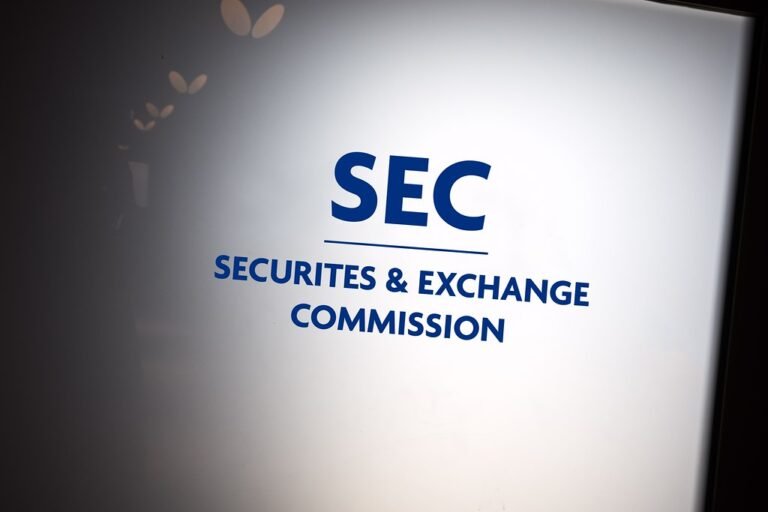
Torrance, California-based Unified Care Services LLC, along with its affiliates and owner Emmanual David, has agreed to pay $18 million to settle allegations of fraud related to Paycheck Protection Program (PPP) loans. The company and its affiliates, which operate skilled nursing facilities across California, were accused of falsely certifying their eligibility for PPP loans and loan forgiveness, violating the False Claims Act.
The Paycheck Protection Program (PPP) was launched by Congress in March 2020 as part of the Coronavirus Aid, Relief, and Economic Security (CARES) Act, with the Small Business Administration (SBA) overseeing its implementation. This emergency loan initiative aimed to assist small businesses facing challenges in covering payroll and other operational costs during the COVID-19 crisis.
“PPP loans were intended to assist eligible small businesses during the pandemic,” shared Principal Deputy Assistant Attorney General Brian M. Boynton, head of the Justice Department’s Civil Division. “When ineligible businesses improperly obtained loans, they harmed both the taxpayers who funded the program and the eligible businesses who were denied relief.”
Borrowers could have their loans forgiven if they utilized the funds for employee wages and other qualifying expenses. Exclusively small businesses were eligible for these loans, with eligibility determined by evaluating the number of employees, revenue, and net worth of the applicant, including any affiliated companies under common control. When seeking PPP loans, applicants had to affirm the accuracy and truthfulness of all information submitted in their applications, particularly regarding their business size and employee count.
The settlement stems from allegations that Unified Care and its affiliates misrepresented themselves as small businesses with fewer than 500 employees, a requirement for eligibility under the PPP. In reality, the businesses were part of a larger chain of facilities with common ownership and control, making them ineligible for the loans. The False Claims Act lawsuit claimed that the companies applied for and obtained millions in loans by knowingly providing false information about their size and employee count.
In addition, the lawsuit initiated under the qui tam or whistleblower provisions of the False Claims Act. This law allows private individuals to sue on behalf of the United States for fraudulent claims and to receive a share of the government’s recovery. The case is titled United States ex rel. Ashwani Chawla v. Unified Care Services et al., CV 21-5935-GW (CDCA). As part of the settlement, the whistleblower will be awarded $2,070,000.
“This resolution demonstrates the department’s commitment to ensuring that those who improperly obtain federally guaranteed PPP loans are held accountable and funds repaid to the American taxpayer” said Director of COVID-19 Fraud Enforcement Mandy Riedel of the Justice Department.
“The SBA Office of Inspector General is committed to ensuring the integrity of CARES Act programs,” said Special Agent in Charge Weston King of the SBA Office of Inspector General, Western Region. “Through partnerships with federal agencies, we continue to identify fraud schemes and protect relief funds from misuse.”
The settlement resolves a lawsuit filed under the qui tam provisions of the False Claims Act, which allows private parties to file suit on behalf of the government. As part of the settlement, the whistleblower will receive $2.07 million.
Principal Deputy Assistant Attorney General Brian M. Boynton emphasized that when ineligible businesses receive loans, they not only harm taxpayers but also take resources away from businesses that truly need the relief. U.S. Attorney Martin Estrada also stressed that his office will continue to take action against those who defraud pandemic-related relief programs.
The settlement is part of a broader effort by federal authorities to combat fraud in COVID-19 relief programs. The Department of Justice has committed to holding accountable those who improperly received federally guaranteed loans, ensuring taxpayer money is returned and used as intended.



